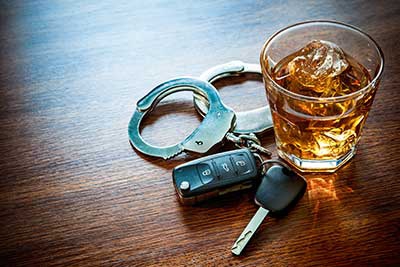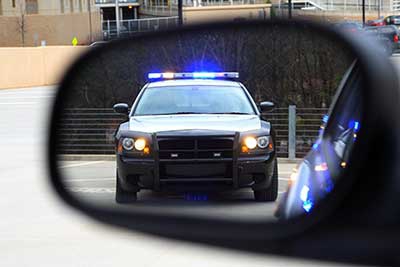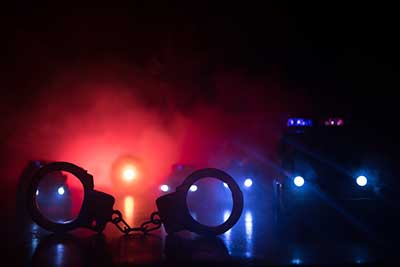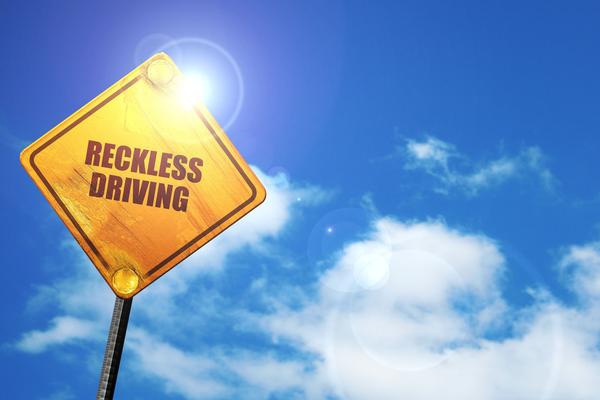Every person deserves to have their fair day in court when charged with DWI or other crimes. The legal team at Browning & Long, PLLC is prepared to help you address a wide range of North Carolina crimes, from minor traffic infractions to much more serious traffic charges like DWI or reckless driving. We also represent those facing criminal charges, from misdemeanors to serious felonies. Even if you aren’t sure if your charge is something we handle, call our Charlotte office today at (980) 207-3355 to learn more about who we are and what we do.
 DWI Arrests
DWI Arrests
Facing a driving while impaired (DWI) charge in North Carolina is a serious matter. Whether one simple bad choice has led to your first charge, or if you’ve had DWI arrests in the past, you should be fully apprised of your rights and legal options to ensure you are able to obtain the best possible outcome. DWI charges can result in potentially severe consequences, but many of those charged do have legal options that can help minimize those negative results.
The experienced attorneys at Browning & Long, PLLC are here to help DWI clients do just that. Todd Browning and Howard Long are former prosecutors with a wide range of knowledge about North Carolina drunk driving charges. They can help you prepare a comprehensive case to defend yourself and protect your rights. Call our Charlotte office today at (980) 207-3355 to speak to Todd or Howard and schedule a free, no-obligation consultation.
 Traffic Tickets
Traffic Tickets
Traffic charges in the state of North Carolina can have serious and expensive consequences. Even seemingly minor traffic infractions can lead to steep fees and loss of driving privileges. Any time you are stopped by law enforcement for a traffic violation, you need to ensure that your rights are protected. Simply paying a ticket or accepting a soft consequence can lead to further ramifications over time. Often, individuals may not even be aware of all their legal rights behind the wheel. Even if you aren’t sure if anything can be done, a skilled attorney can help you examine your violation and determine how best to move forward.
If you or someone you love has been charged with a traffic violation in North Carolina, call the law office of Browning & Long, PLLC. Our experienced attorneys spent years as prosecutors. They understand the other side and can help you appreciate the full scope of your legal options. You can reach us at our Charlotte office at (980) 207-3355, or through our online contact form.
 Criminal Defense
Criminal Defense
A criminal conviction can have severe, life-changing consequences for individuals and families. If you’ve been charged with a crime in North Carolina, it is imperative to protect your rights as much as possible and obtain representation that can effectively minimize the negative consequences of your charge. At Browning & Long, PLLC, we use our experience as former assistant district attorneys to anticipate your legal needs and prepare a comprehensive defense to help meet your needs.
If you or someone you love has been charged with a crime, don’t wait to get started building a strong defense. Call our Charlotte office today at (980) 207-3355, or take a moment to fill out our online contact form for a prompt response from one of our dedicated lawyers.
Domestic Violence
If you were charged with domestic violence in Charlotte, you could face a lengthy jail or prison sentence and the extensive ramifications of having a permanent criminal record. You must take the charges seriously and fight back—even if you believe you’re guilty. Our experienced Charlotte domestic violence lawyers at Browning & Long, PLLC can develop a solid defense strategy designed to help you get the charges dismissed or reduced to a less severe offense.
 Reckless Driving
Reckless Driving
Reckless driving is a serious offense in Charlotte and Mecklenburg County, and it’s not uncommon for drivers to face this charge. For example, law enforcement officials frequently consider speeding to be reckless driving. However, reckless driving can be applied to a range of traffic violations beyond just excessive speeds.
If you were issued a reckless driving charge and face penalties, it’s critical to understand that this isn’t simply a traffic ticket—and there are severe consequences that follow a conviction. At Browning & Long P.L.L.C., our experienced Charlotte reckless driving attorneys know the gravity of your situation and are committed to guiding you through your legal options while mounting an aggressive defense to protect your rights and future
